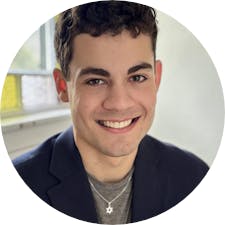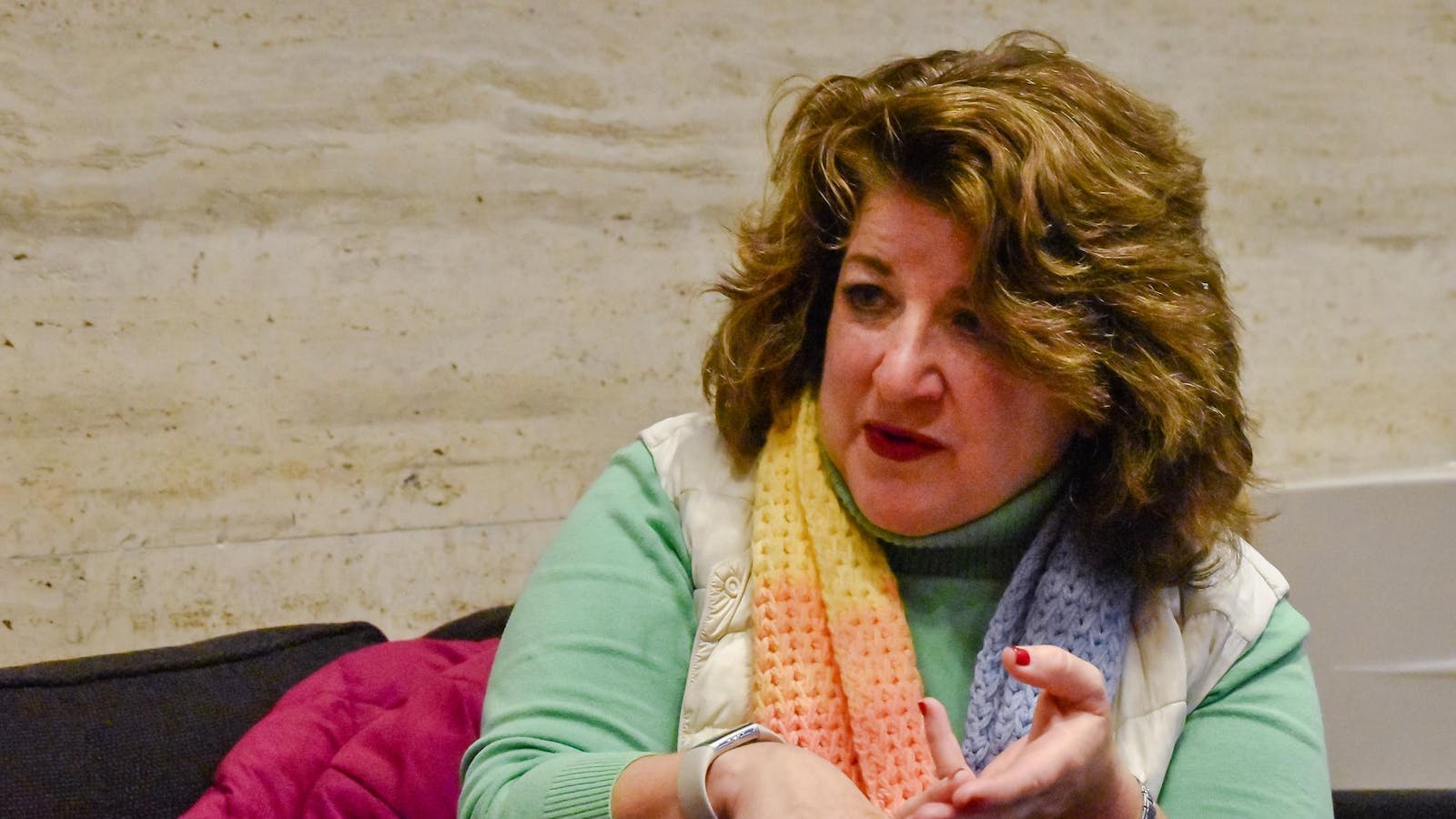In next month’s general election for the Providence City Council’s Ward 2 seat, Democratic nominee Jill Davidson ’89 will face Republican candidate and current Brown student Axel Brito ’26. On Saturday, Davidson sat down with The Herald to discuss her professional experiences, Providence’s housing crisis and the issues she believes city residents are facing.
The victor in the special election, triggered by former Councilwoman Helen Anthony’s announcement of her resignation in August, will fill the now-empty seat through next fall, when all 15 City Council positions are up for election.
If elected to fill the seat for the upcoming year, Davidson said she also plans on running for reelection next fall.
“I certainly committed to do this not just for filling the term for really less than a year, but with the intention of continuing,” she said.
After completing her undergraduate degree at Brown and obtaining a master’s degree in education from Harvard, Davidson moved to the San Francisco Bay Area and started teaching at a local high school in 1992. She then returned to Rhode Island in 2005 with her husband and two kids — later giving birth to a third child. At the time, the city still had a vibrant art and music scene, Davidson said, also noting her love of Providence’s climate and its proximity to the ocean.
Davidson was raised by a “fairly political family,” she said, explaining that both her parents held elected office in her hometown of Brookfield, Connecticut. She has also volunteered on various campaigns over the years, and more recently, taken to poll-watching.
Davidson first became interested in running for City Council after finding herself inspired by the work of her own councilors. Anthony, she said, did an “amazing job” in her role.
With some nudging from her friends, Davidson decided to run in the special election after Anthony announced her resignation.
Anthony endorsed Davidson in this month’s four-way Democratic primary election, which Davidson won with 49% of the vote as of Nov. 4 at 9:36 p.m., The Herald previously reported.
In her interview with The Herald, Davidson, currently the director of development and communications at the Woonasquatucket River Watershed Council, highlighted her experiences in environmental work and the Providence Public School District as assets she would bring to City Council.
She said that as the PPSD approaches a return to local control, City Council should continue to provide a strong supportive role to school leaders.
City Council must “take an active role … to help guide the schools back to local control and to make sure that we put the schools on a path for long-term success,” she said.
Davidson said she believes she is best suited to help oversee the transition due to her “deep well of professional expertise in school governance,” as well as her personal experience as a PPSD parent — her children have attended PPSD schools for 19 years, she said.
State Sen. Sam Zurier (D-Providence), who was elected to the Ward 2 seat in 2010 and held the position through the end of 2018, noted Davidson’s experience in education in his endorsement of her campaign, which came ahead of the Nov. 4 Democratic primary.
Davidson’s “work in education policy and experience as a parent give (her) the knowledge and commitment to advocate for a quality public education for all Providence children,” Zurier wrote in his endorsement.
Davidson also credited her almost six years of working for the WRWC with helping her learn the “critical importance of public-private partnerships” on environmental issues.
Private organizations are crucial for identifying funding sources and leveraging advocacy opportunities to raise awareness about environmental issues, Davidson explained, noting their importance in addressing rising and fast-moving water, stormwater management and carbon emissions.
“There are a lot of issues that require me to get up to speed quickly,” Davidson said. “I’m happy to say that the environmental piece is not one of them.”
Get The Herald delivered to your inbox daily.
Davidson also discussed “extraordinarily rising rent and housing prices” in Providence. She supports rent stabilization — limiting annual rent increases — as “a tool among many” to deal with the issue.
With rent stabilization, “people will be able to have some level of predictability about what their rent will be from year to year,” Davidson said. But the policy can discourage new development, she noted, mentioning the possibility of adopting exemptions for newly constructed or smaller buildings to curb that concern.
Davidson also identified two potential long-term tools to address the housing crisis. The first is simple: build more housing.
“We want to build housing that is affordable to a wide range of income levels,” she said. Ideally, new housing would “complement an expansion of public transportation” to help individuals “get from place to place without being reliant on cars,” she said.
The second long-term tool is social housing, which is “housing that is built by the city or by the state and takes some of the private interest money out of the picture,” Davidson explained.
Davidson also spoke about her outlook on Mayor Brett Smiley’s time in office. She has not endorsed a potential Smiley campaign in next year’s mayoral election.
Smiley came to Davidson’s celebration on election night, she said, and the pair spoke briefly.
In her interview with The Herald, Davidson praised Smiley’s management of the city’s budget, noting that he has helped Providence weather “some tough budget cycles.”
Though she and Smiley disagree on the issue of rent stabilization, Davidson “very much (looks) forward to finding as many points of commonality as possible,” she said.
Davidson also discussed how City Council can respond to recent federal actions that have impacted Providence, noting the importance of addressing these actions “both in economic terms as well as in terms of our liberty and personal safety.”
She praised recent measures the council has taken to strengthen the Community Police-Relations Act — adding restrictions to city police officers’ ability to cooperate with federal immigration agents. On City Council, she hopes to “find ways to make sure that people have food, have shelter and feel like they can safely leave their houses.”
Davidson will face off against Brito in the Dec. 2 general election.
A Republican has not been elected to City Council in 39 years, and Davidson is “not super concerned about a shift among the electorate.”
At the same time, Davidson also hopes to maintain and strengthen her connection with the Brown student population. Ward 2 covers portions of Brown’s campus on College Hill, in addition to areas of the Blackstone and Wayland neighborhoods.
“I am really inspired by how engaged students at Brown were during the (primary) election,” she explained. “I want to honor that by being engaged with people here.”
If elected, Davidson aims to use her year in office to gain “traction on some of the long-term issues” she cares deeply about and identify “where I’m going to make the most substantial contributions representing Ward 2.”

Lev Kotler-Berkowitz is a senior staff writer covering city and state politics. He is from the Boston area and is a junior concentrating in Political Science and Economics. In his free time, Lev can be found playing baseball or running around with his dog.
